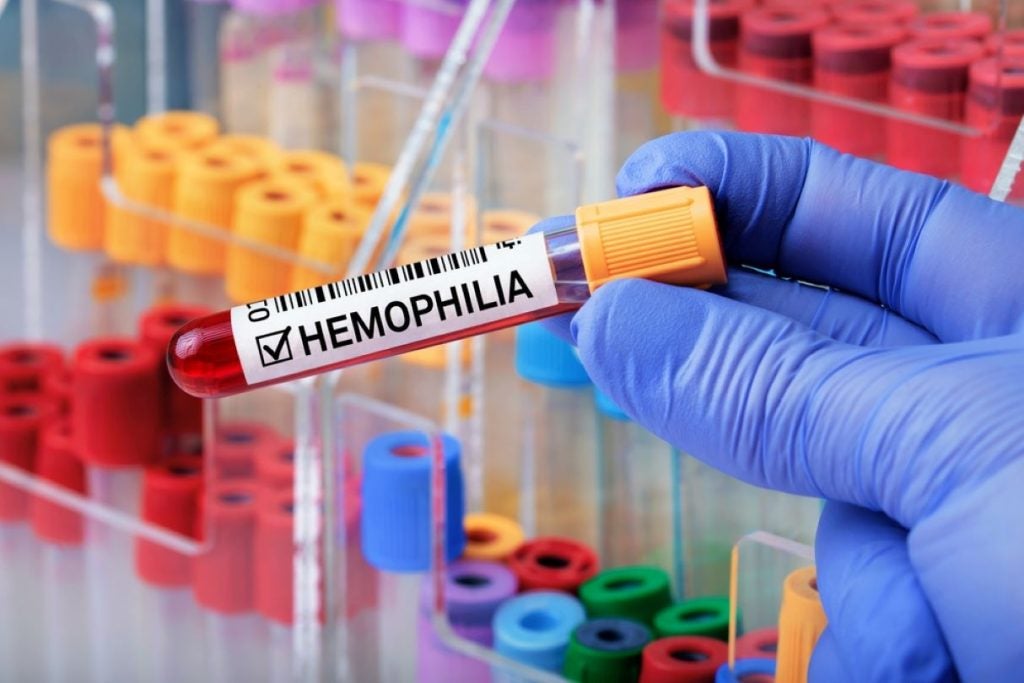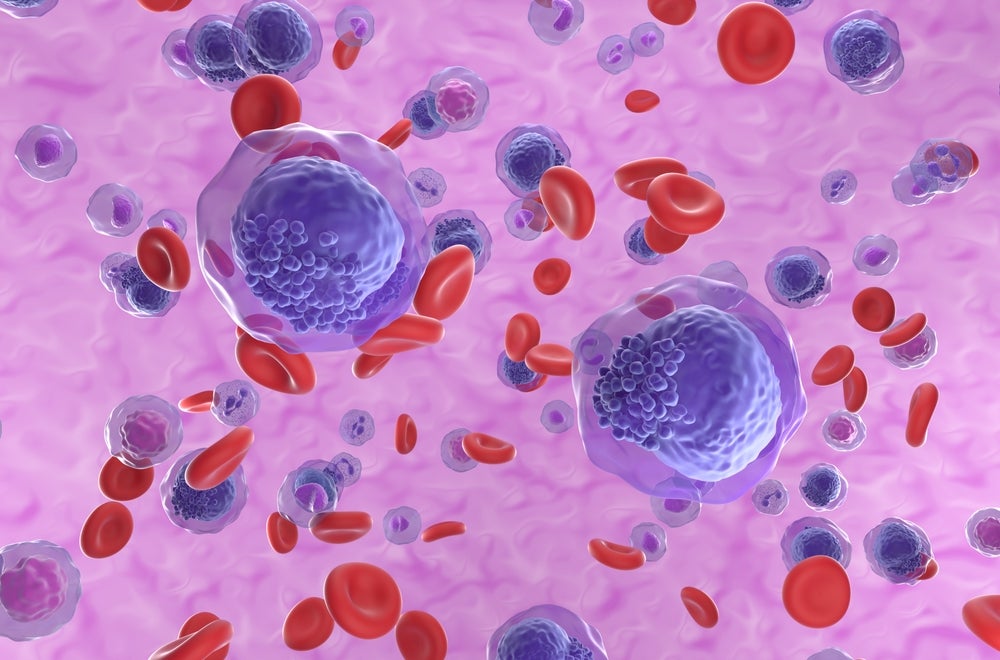Astellas Pharma, BioLabs Global and Mitsui Fudosan have entered into a memorandum of understanding to strengthen the life sciences sector in Tsukuba, Kashiwa-no-ha and the surrounding areas of Japan.
The Sakulab-Tsukaba lab, located at Astellas’ Tsukuba research centre, provides support for startups and academia in the research and development of small molecule drugs, antibody drugs, gene and cell therapy, and other areas.
BioLabs will be supporting Astellas by assisting with facility management and co-hosting networking events for residents and connect them to the global life science ecosystem.
Astellas’ chief scientific officer Yoshitsugu Shitaka said: “With this agreement, we envision our labs in Tsukuba and Kashiwa-no-ha to be where visionary ideas and specialised knowledge converge, turbocharging the development of development of pioneering healthcare solutions.”
Astellas has entered into several research agreements this year. The company signed a joint research agreement with Veneno Technologies in April for the development of functional peptides, and signed a licence deal with Kate Therapeutics to develop and commercialise its X-linked myotubular myopathy (XLMTM) gene therapy, KT430 in June.
In June, Astellas and Mitsui Fudosan entered a partnership where Astellas opened the TME iLab open innovation hub in Mitsui Fudosan’s Mitsui Link-lab Kashiwa-no-ha-1, for research of the tumour microenvironment. This partnership will strengthen Kashiwa-no-ha’s role in the life sciences sector.
Last month, Astellas submitted a planning application for the construction of a new drug production facility in Ireland, in a €330m ($350m) investment.















